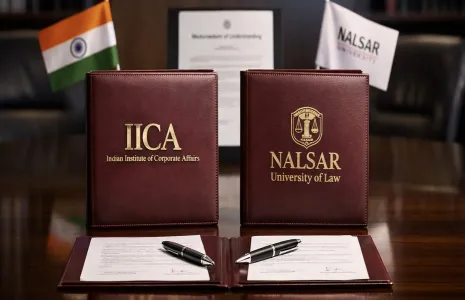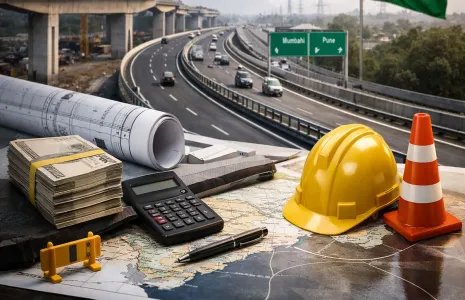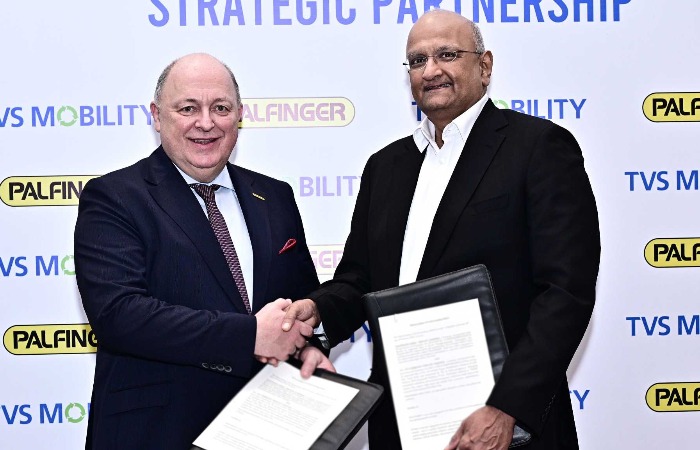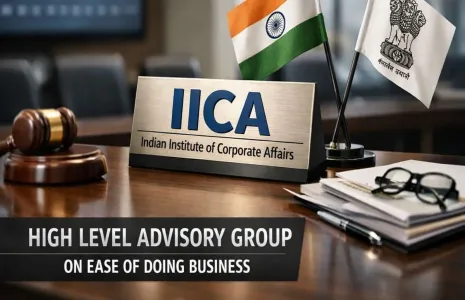Schedule a Call Back
Policy Split May Slightly Cut Russian Oil Flows to India
2025-09-12
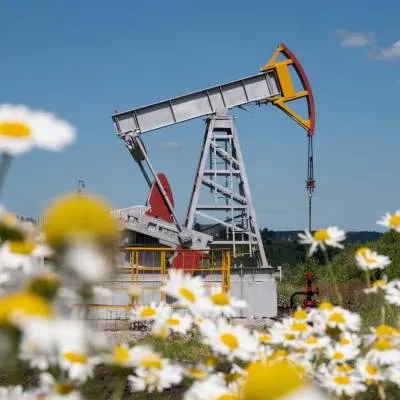
The growing policy divide between the United States and the European Union on Russian oil exports to India is expected to lead to a modest reduction in crude flows in October, analysts and trade sources with knowledge of loading plans said.
Following Moscow’s invasion of Ukraine, the U.S., EU, and G7 allies sanctioned Russian oil imports, restricting insurers and maritime service providers from facilitating exports to third countries unless sold below a price cap. The cap was designed to limit the price paid by importers while keeping shipments flowing, reducing Russian oil revenue without triggering a supply crunch. The scheme effectively encouraged India and China to purchase Russian oil at discounted rates.
U.S. President Donald Trump, however, has demanded that India halt all purchases of Russian oil and imposed tariffs of up to 50 per cent on Indian exports to the U.S. after New Delhi refused to comply. The tariffs aim to pressure Moscow to negotiate peace in Ukraine. Trump’s stance conflicts with the price cap scheme, which is intended to maintain Russian oil exports to India, China, and other buyers such as Turkey.
“Sanctions coordination between the U.S. and the other G7 nations appears to have largely broken down under the Trump administration,” said Richard Bronze, head of geopolitics at consultancy Energy Aspects. Meanwhile, European Commission President Ursula von der Leyen indicated that the EU is considering a faster phase-out of Russian fossil fuels as part of potential new sanctions, with an EU team in Washington to discuss further measures.
Indian buyers of Russian oil are pressing for larger discounts as risks rise due to the divergence between EU and U.S. policies. Traders said discounts may need to widen to around $10 per barrel to align with price cap requirements, up from $2–3 per barrel in September. Some Russian sellers responded by diverting October spot cargoes to China, which could slightly reduce volumes arriving in India. Russian crude deliveries to India in October are expected to average around 1.4 million barrels per day, down from 1.5 million bpd in August and 1.6 million bpd in September.
Even with discounts, crude for October will mostly trade above the new EU and UK price cap of $47.60 per barrel. The EU lowered the cap from $60 to $47.60, while the U.S. did not support the reduction. Brent crude traded at $67 per barrel on Wednesday. The European Commission aims to eventually align all G7 members with the lower cap, but the measure may make it harder for Western shippers to facilitate Russian oil trades.
“A growing split on oil sanctions policy will increase confusion for market participants and potentially weaken compliance,” said Tom Boughton of risk consultancy S-RM. Russia continues to use a “shadow fleet” of tankers insured domestically, which operates outside the price cap scheme. Traders and Russian firms have largely sold oil above the cap since 2022, using their fleet or forged documentation, according to analysts and Western intelligence sources.
Experts say poor enforcement has encouraged traders to push boundaries. The price cap remains a challenge but not a major threat to Russian traders. “Both the U.S. and EU could make serious moves to choke Russia’s oil and gas industry, but this would be highly disruptive to the global economy,” said Benjamin Godwin, partner at PRISM Strategic Intelligence.


Subscribe Now
Subscribe to our Newsletter & Stay updated
RECENT POSTS
Popular Tags
Folliow us

